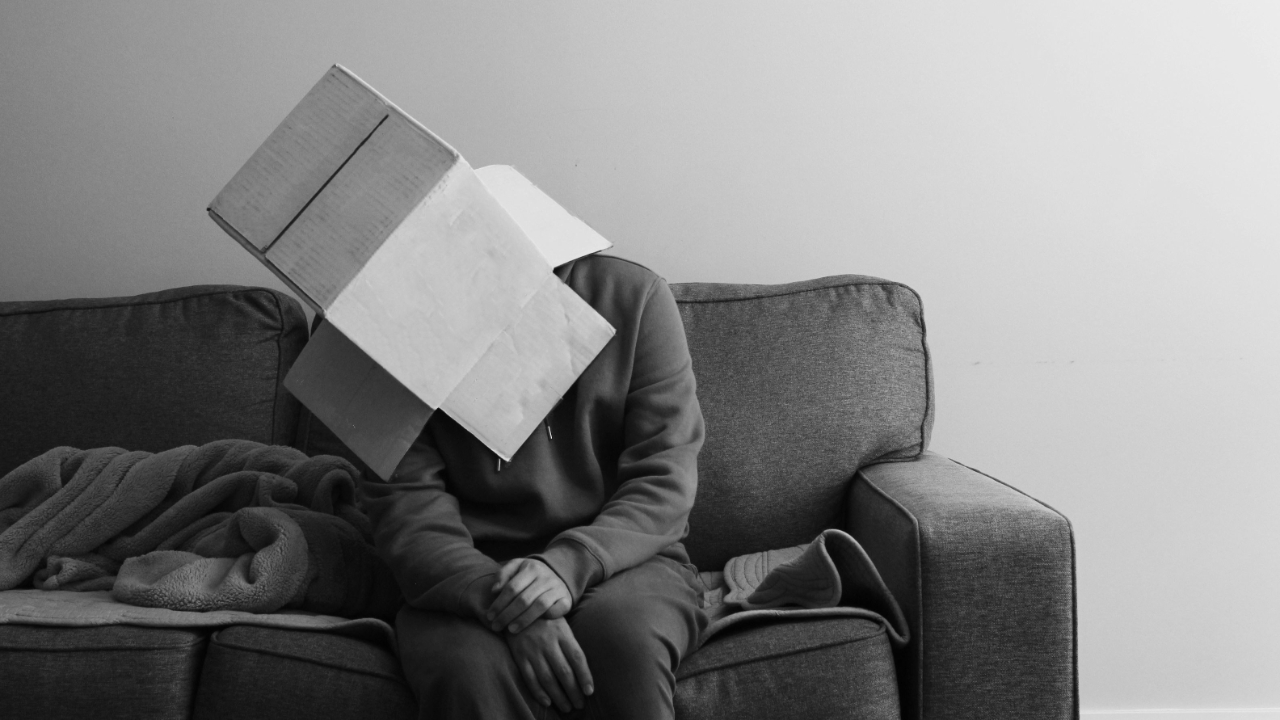HOCD Symptoms: Intrusive Thoughts, Doubts, and Compulsions
Sep 23, 2025
What Is HOCD?
HOCD which can also be known as Sexual Orientation OCD is a type of Obsessive-Compulsive Disorder that occurs when an individual has an issue with undesired, intrusive thoughts related to his or her sexual orientation. These ideas are very distressing in the sense that they tend to go contrary to the way the individual identifies or what he or she wants to be comfortable with. HOCD is not related to a natural process of self-discovery; it is more about pervasive suspicions and compulsive actions that are going to nurture anxiety as opposed to clarity.
Core Symptoms of HOCD
Compulsive Obsessions and Intrusive thoughts.
The characteristic of HOCD is intrusive, repetitive thinking of sexual orientation. Such fears may be:
"What if I'm secretly gay?" or What should I be straight, and tell myself lies?
Being afraid that attraction to friends, strangers, or colleagues is expressed.
Evaluating all the emotional or physical reactions to the evaluation of whether it is a change of orientation.
The undesired mental images or fantasies which do not fit oneself, the individual feels anxious and disturbed.
These obsessions are not transient dreams but rather tenacious, troubling, and seem to be unbearable.
Compulsions and Reassurance-Seeking.
Because of the anxiety generated by intrusive thoughts, victims of HOCD usually perform compulsive actions to cope with the anxiety. These may include:
Mental checking: Comparing previous interactions or memories to establish whether they are really oriented as they are mentally checked.
Reassurance seeking: Asking friends, partners or even searching the internet to reassure them that they are not switching orientation.
Avoidance: Avoiding all sorts of individuals, places or media that may arouse undesirable thoughts or responses.
Physical checking: Observing body sensations or sexual reactions in order to assess the presence of attraction.
Though such compulsions provide relief in the short term, they end up contributing to the loop of uncertainty and anxiety.
The Impact on Daily Life
HOCD does not simply remain in the background, and it can assume control over most of the daily routine of a person.
Emotional suffering: Due to the persistent flow of intrusive thoughts, anxiety, guilt, or shame is usually caused.
Problem with concentration: Rumination may make it hard to concentrate on work, studies or even social activities.
Relationship strain: Doubts can destroy intimacy, build up tension in a relationship, or force the withdrawing of loved ones in fear of misinterpretation.
Avoidance behaviors: There may be avoidance of social or romantic situations, which would result in isolation and low quality of life.
The baggage of HOCD is the fact that it interferes with normal life, and not necessarily in thoughts.
What HOCD Is Not
There is a need to create a demarcation between HOCD and a normal enquiry into sexual orientation. It can be a powerful and natural experience when one is exploring their identity. However, HOCD is characterized by distress, intrusive doubts and rituals, which are compulsive and aimed at attaining absolute certainty. These signs contrast with self-seeking exploration and are characterized by calmness.
HOCD is also not a sign that one would like to change orientation. The considerations are not desired and do not conform to the individual sense of self, hence they are what makes them so disturbing.
When to Seek Support
When your relationships, emotional wellbeing or functioning are affected by the symptoms of HOCD, it is time to help yourself. Cognitive Behavioral Therapy, and particularly Exposure and Response Prevention, have proven to be effective in the reduction of the symptoms. In other situations, medication may be useful as well.
Moving Forward
HOCD is crippling as it attacks the core to self identity. However, the symptoms are identified as the first step towards the cycle of doubt and anxiety. Through professional assistance and proper strategies, people can get control back, minimize distress, and be able to live a meaningful life instead of seeking certainty.















